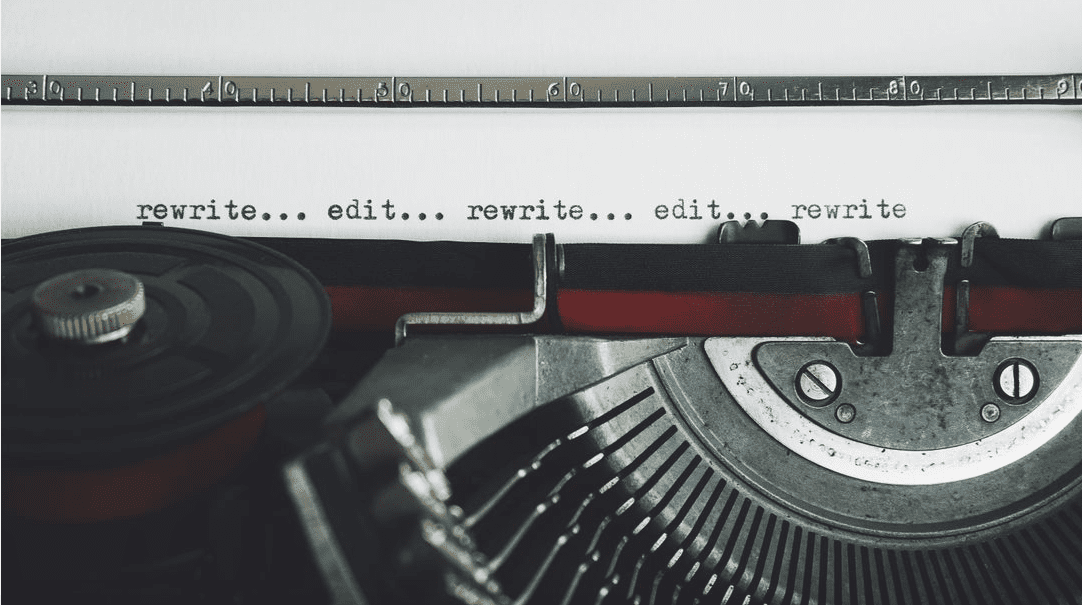Peter Arnold
Sydney, Australia

An old joke is that pharmacists are the only people who can read physicians’ handwriting. This piece is not about handwriting, but about writing style.
Compared with great medical authors, like Somerset Maugham, Conan Doyle, Anton Chekhov, John Keats, and Friedrich von Schiller, most physicians are not good writers. (I could have said “not leading exponents of literary composition and style.”) Why do so many of us feel the need to write such puffery? What is wrong with “are not good writers”?
Martin Cutts, author of the Oxford Guide to Plain English, suggests three types of fear causing bad writing.1 His words ring loudly in my ears. I have been editing the writing of medical and other academic colleagues for the greater part of my long life.
One fear is that, if you write simply, “you won’t be thought eminent, scientific, or literary enough.” But is that the purpose of your paper: people thinking you eminent, scientific, or literary? Your paper’s value lies in the facts you have observed and in your thoughts about those facts relating to other knowledge or hypotheses. Your ego, or what others think of you, has nothing to do with the science. Bloated writing might well reveal your need just to show off.
Then there is the length of sentences, paragraphs, and published papers. If Watson and Crick could win a Nobel Prize with 848 words, many less distinguished scientists, including medicos, do not need thousands. Some journals allow papers of many thousands of words. They accept wordy abstracts when the meaning of the paper could be stated in simple language.
Bill Bryson has written: “No reader should ever be required to retrace his steps, however short the journey.”2 The more complex, and the longer the sentence or the paragraph, the more retracing is needed.
“Words, words, words!” Eliza Doolittle protests to Professor Higgins in My Fair Lady. “I’m so sick of words.” And so is Dr. Seuss. “So the writer who breeds more words than he needs, is making a chore for the reader who reads.”
Cutts again: “Most readers are busy people who want to know the main points of your message, and fast. Making them read excess words is an unfriendly act.”1
His third fear is common enough in politics. The use of “weasel words” to escape a sticky situation without saying anything meaningful. He refers to “the fear that being clear means being definite and that being definite leaves no room for wriggling.”
All scientific journal editors should delete this ever-present statement of the obvious, “more research needs to be done . . .” (I could write ubiquitous, for which a non-English-speaking reader might need a dictionary. But nothing is wrong with the simple ever-present.)
My message to medical writers (my emphases here): “The purpose of writing is to express meaning (your job); the purpose of publishing is to transmit meaning from a single mind to a large number of other minds. The purpose of editing (my job) is to ensure the transmission proceeds as far as possible without impediment.”3
“Claritas, brevitas, simplicitas, exactitudo.” Paolo Canciani, Venetian theologist and jurist, 1799.
Or as I would put it—Be clear, be brief, keep it simple, and be precise.
References
- Cutts, Martin. Oxford guide to plain English. Oxford University Press.
- Bryson, Bill. The penguin dictionary of troublesome words. Second edition. Middlesex England: Penguin Books, 1987.
- Brett, Mandy. Stet by me: thoughts on editing fiction. Meanjin Quarterly. Autumn 2011. https://meanjin.com.au/essays/stet-by-me-thoughts-on-editing-fiction
PETER ARNOLD is a retired family doctor and professional editor in Sydney. Former Chairman, Australian Medical Association.
Highlighted Vignette Volume 13, Issue 3– Summer 2021

Leave a Reply